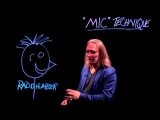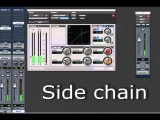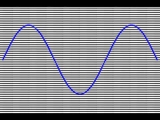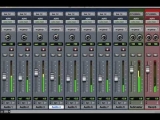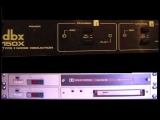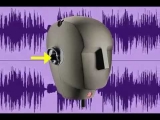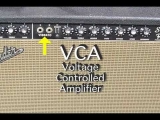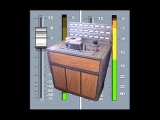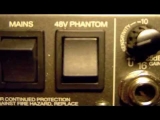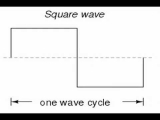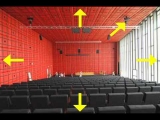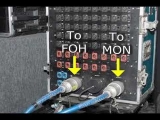Jitter
Jitter
The assumption with digital audio is that the timing between samples is constant and very accurately controlled, however, when clocking variations happen, even very slight ones, the digital audio quality can be converting back to analog, the digital to analog converter or DAC sometimes has an issue. The problem occurs when there are timing errors between the clock used to record the data and the converter’s clock. These timing differences cause the correct audio values to be reproduced, but at the wrong time. This is known as “jitter”.CDs can have jitter, since redbook standards don’t require block-accurate addressing during the reading of the data. This can cause some samples to either be omitted or played twice, and is known as “seek jitter”, which can cause audible can be minimized by having a very accurate clock for the converters. This is one reason why digital audio workstations with extremely accurate clocking sound can also be minimized by storing a small amount of data in what’s called an adaptive de-jitter buffer. These buffers calculate the average clock interval for the amount of data stored, and play the data at the adjusted clock rate.
